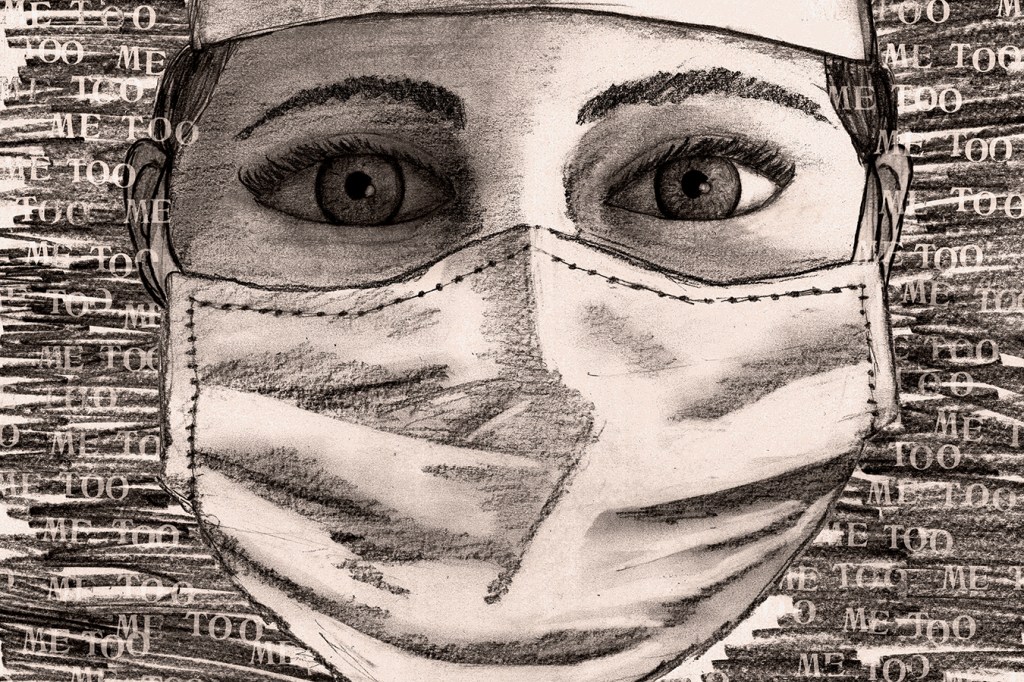

A new study has shown that the majority of women (82.5%) and men (65.1%) working at an academic medical center reported at least one incident of sexual harassment by staff, students, and faculty during the previous year. Similarly, a substantial proportion of women (64.4%) and men (44.1%) who worked with patients reported experiencing sexual harassment from patients or their families within the prior year, according to the study published in Journal of Women’s Health.
The study is entitled “#MedToo: A Large-Scale Examination of the Incidence and Impact of Sexual Harassment of Physicians and Other Faculty at an Academic Medical Center.” It was coauthored by Emily Vargas, PhD, Sheila Brassel, Lilia Cortina, PhD, Isis Settles, PhD, timothy Johnson, MD, and Reshma Jagsi, MD, DPhil.
The researchers systematically examined the prevalence of recent sexual harassment among a large sample of physicians and other faculty currently practicing in an academic medical center. The study included multiple potential sources of harassment, including other faculty, staff, and students, as well as patients and patients’ families. In addition, the study focused on the outcomes of sexual harassment and found a negative association between sexual harassment and physician mental health, job satisfaction, sense of safety at work, and intentions to look for new employment.
In the accompanying Editorial entitled “Sexual Harassment Is an Occupational Hazard,” Sabine Oertelt-Prigione, MD, PhD, Radboud University Medical Center (Nijmegen, The Netherlands) and Universitätsmedizin (Berlin, Germany), concludes that “sexual harassment appears as a highly prevalent phenomenon, that impacts the entire workforce and has serious health and occupational consequences.” Employers have a legal duty to devote personnel and economic resources to such an impactful phenomenon, she states. “It is time to move the discourse from an individualized to an institutional level, from single cases to collective action.”

